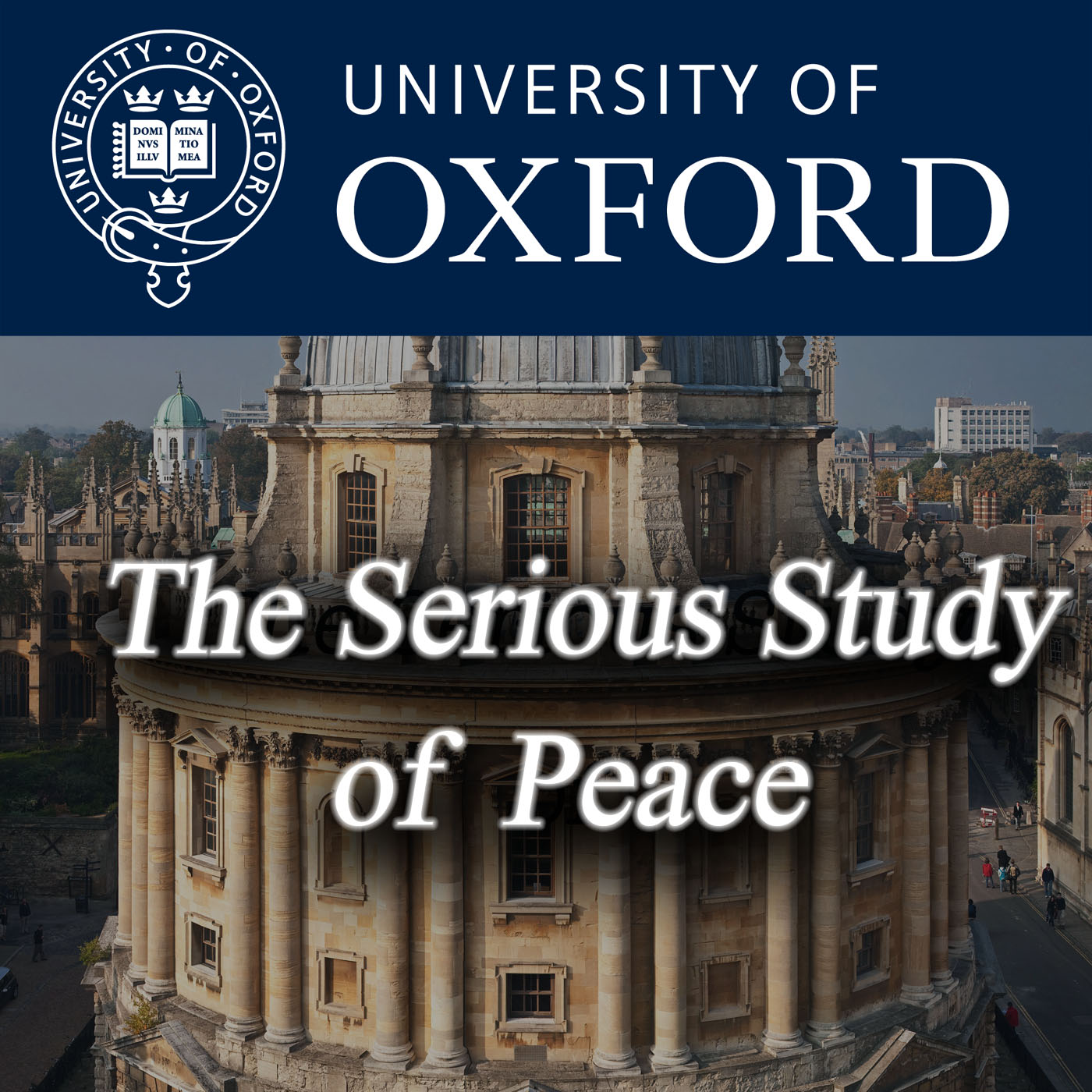Evaluating Stability: An Impossible dream?’ The challenges of evaluation in Afghanistan
Description
Breakout session on ‘Post-conflict reconstruction and Peacebuilding’, second talk: Bjorn Muller-Wille, Royal Military Academy , Sandhurst. As part of a trend to improve the coherence and effectiveness of multidimensional interventions donor states are increasingly willing to invest development assistance in conflict areas; resulting in a strong interest in determining which instruments contribute to a broad array of short term 'stability,' political and security objectives as well as a collection of longer term sustainable development and peace building solutions. These activities have tended to be grouped under the label of the 'stabilisation' agenda and most donor states have faced common challenges in institutionalising and operationalising the growing body of aspirations inherent in this. This has raised questions about which instruments work, what objectives they might reasonably serve and under what conditions they might realistically achieve results. States have also struggled with the process of managing and integrating stabilisation activities delivered by very different government departments and across international institutions. These challenges have contributed to a much broader trend in which donor states and international organisations have sought to professionalise working 'on', rather than just 'in' conflict. It has also focused attention on the role of, synergies between and the overall effectiveness of development activities (broadly defined), the generation or provision of security, institutional capacity building and political outreach in achieving 'stabilisation outcomes'. This paper unpacks many of these issues in the specific contexts of Southern Afghanistan. It places the challenge of evaluation in three 'baskets' — difficulties in establishing 'strategic' and 'operational' priorities; difficulties defining and prioritising 'instruments' and reconciling 'action' with strategy and, thirdly, the difficulties derived from the nature of the operational environment and the ambitious nature of international aspirations. The Afghan case study explores the evolution of NATO's Regional Command South's (RC(S)) operational plans, the development of the RC (South) national contributors' own plans and the range of challenges that have been encountered in monitoring and evaluating both organisational performance and the delivery of higher order objectives. Having identified these challenges it draws attention to the way in which some of these have been addressed and what currently comprises best practice.
More Episodes
Breakout session on ‘Post-conflict reconstruction and Peacebuilding’, third talk: Johanna Boersch-Supan, D.Phil. Candidate, Politics and International relations, Oxford University.
Published 01/18/21
Published 01/18/21
Breakout session on ‘Post-conflict reconstruction and Peacebuilding’, first talk: Dr Stuart Gordon, Royal Military Academy, Sandhurst. 'Stabilisation' has emerged as a powerful policy discourse guiding international interventions in conflict areas. The UK has been amongst the forefront of states...
Published 01/18/21


